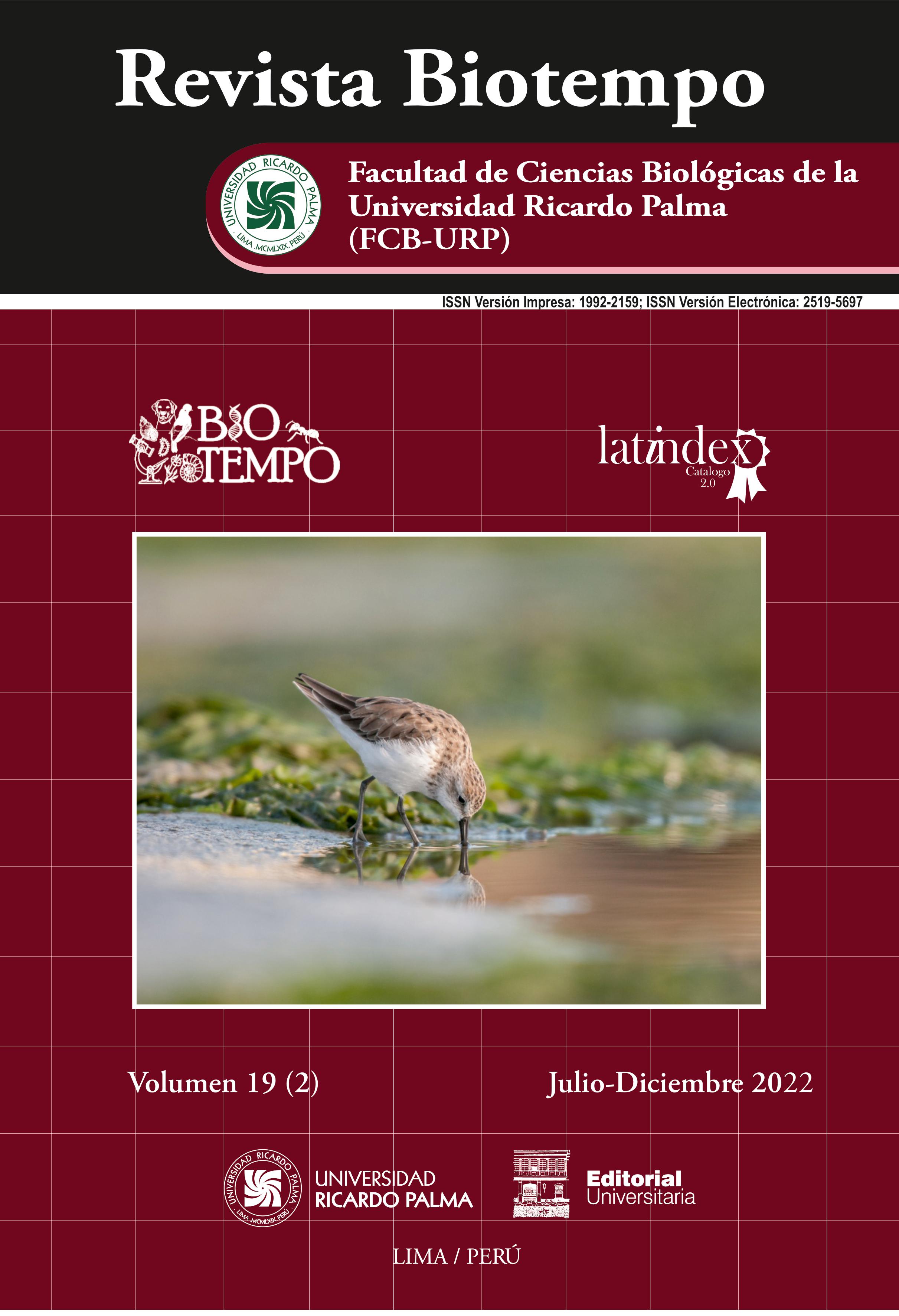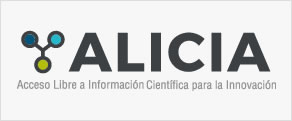IN DEFENSE OF LINGUISTIC IDENTITY IN THE ACADEMY
DOI:
https://doi.org/10.31381/biotempo.v19i2.5240Keywords:
academy, culture, identity, insufficiencies, linguistics, professionalAbstract
The identity of a territory is built day by day and is reflected through its history via the expression of culture and language. Therefore, linguistic-cultural preservation represents a pillar of the nation's own identity. However, facts coexist contrary to good cultural policies that protect the native and national identity: the invasion and dissemination of globalized foreign cultures and a polluting lexicon for Spanish. Other ―ungrammatical― linguistic phenomena are added, supported by a certain “fashionable stereotyped language”. Unfortunately, great responsibility for this falls on the mass media, where professionals who use this type of language that permeates and echoes in social work; it is observed, even, in the scientific, and academic language used by teachers. This can be confirmed orally and in documents written by professors from the Villa Clara University of Medical Sciences, Cuba. Consequently, to face and reverse this situation, the present study was carried out, whose objective is to defend the norms and principles of the language for the preservation of linguistic identity in the academy. Methodologically, it constitutes a qualitative, descriptive, and synchronous study, which covers from 2019 to the first semester of 2022. The textual sample was made up of 12 papers belonging to professors of different specialties belonging to the aforementioned university. Significant data taken from orality was also recorded. The theoretical analysis-synthesis and induction-deduction methods were used, as they were significant in the process; in addition to the empirical methods of observation and documentary review to discover and accumulate the necessary data. An essential aspect was the systematic observation and recording of the language used by professionals who carry out their work in different mass media. In the results, 216 facts were collected that constitute insufficiencies in the language of the university students participating in the research ―138 of them fall on the orality (63%), while 78, on the writing (36%)―. This is because oral language is spontaneous, fast, and situational, while writing is more exposed to revision and correction. An unavoidable conclusion: in the phenomena shown, it is verified how permeated the deficiencies are in the language of these teachers, as well as the influence exerted by the mass media on the events described.










